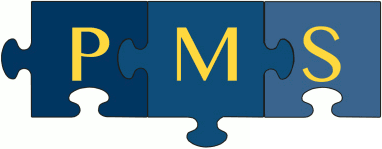We offer a wide variety of restorative practices in order to support our city with its aim of becoming Restorative Portsmouth. We recognise that the principles of restorative practice reach far beyond a formal face to face conference which could take place following a crime. We apply these principles to everything that we do and this has led to the development of work in a variety of spheres of society.
In schools we offer our Teach Peace program where we come alongside teachers, parents and pupils to support them to learn the skills needed to respond in a restorative way to situations that may arise. While delivering training we also work to overcome conflicts they are facing and support them to seek a restorative response.
With faith groups we support the delivery of conferences between faiths which create opportunities for restorative conversation, seeking out ways to build friendships and removing barriers to those relationships. When faith groups find themselves in conflict with others we offer support to seek a restorative way forward.
We partner with local community members to empower them to develop the skills to introduce a restorative culture into the areas where they live. This includes delivering training to them but also partnering with them to seek restorative solutions to the specific issues faced in their areas.
We partner with families who are struggling with the breakdown of relationship and hurt, instead of introducing separation as a solution we work to bring restoration.
We work closely with Portsmouth University to support their Sort It Out initiative which seeks to introduce restoration when conflict arises between students.
Having trained volunteers and professionals from across the city in Restorative Justice we work alongside them to support their delivery of restorative practices in their communities and workplaces.
At Portsmouth Mediation Service we passionately believe that the principles of restorative practice can and should be applied to everything we do. Therefore we offer restorative responses ranging from formal, face to face, restorative conferences to support in how to have an informal restorative conversation. Increasingly we are seeing that there is a need for this in all areas of our city including workplaces, places of learning, faith groups and neighbourhoods.
Restorative practices have the potential to bring real and lasting change and if you are interested in finding out how we can support you to develop a more restorative culture please do get in touch with us.
